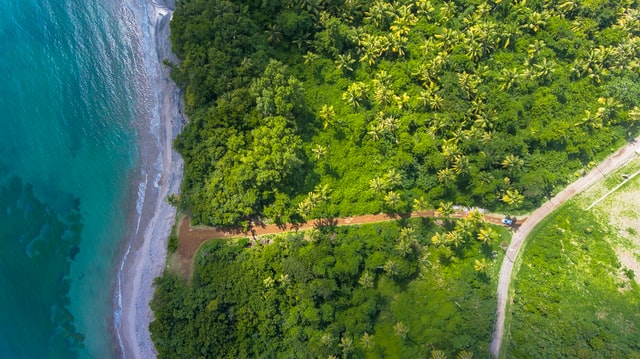DPGA, ITU, and WMO call for weather, climate, and hydrological datasets to be DPGs

Globally, climate change is exacerbating the frequency and severity of hazards including wind storms, drought, flooding, landslides, and wildfires. In the World Economic Forum’s 2021 Global Risk Report, which reports the likelihood of risks to humanity, 4 of the top 5 risks were climate or environment-related, specifically: extreme weather events; climate action failure; natural disasters; and human-made environmental disasters. These risks, and the overall impacts of climate change, are higher for vulnerable systems with limited adaptive capacity and fall disproportionately on low- and middle-income countries (LMICs).
It is clear that limitation in the availability and dissemination of high-quality data is a hindrance for making informed decisions and stifling technical innovation, including the development of digital solutions with the potential to address critical climate change adaptation needs. For this reason, the Digital Public Goods Alliance, International Telecommunication Union (ITU), and World Meteorological Organization (WMO) co-authored a report calling for weather, climate, and hydrological information datasets to be made open and freely available as digital public goods. This was driven by the efforts of the DPGA’s Climate Change Adaptation Community of Practice that focused on DPGs with the potential to impact climate and weather services that convened in 2021.
In order to showcase the positive outcomes of open datasets, the report also highlights 8 digital public goods that provide open datasets or utilise open datasets to help climate change adaptation efforts relevant to weather and climate services. Those DPGs, all of which can be found on the DPG Registry, are: MET Norway Weather API; Hand-in-Hand Geospatial Platform; Weather and Crop Calendar; VIPS; Water Productivity Portal (WaPOR); Platform for Real-time Impact and Situation Monitoring (PRISM); Climate Information Platform (CIP); and Open Foris Collect.